As fighting continues to rage across Sudan, the United Nations and humanitarian organizations have warned that a worsening humanitarian crisis threatens to engulf the region. While many Sudanese celebrated a shift in control over the capital, Khartoum, international agencies reported a sharp deterioration in conditions on the ground. Now entering its third year, the war has displaced millions of civilians, pushing people farther west and south, away from contested urban centers.
The UN Humanitarian Response Plan for 2025 estimates that over 24.6 million people across Sudan “face acute hunger nationwide.” At least 12 million have fled their homes, and 3.7 million have sought refugee status in neighboring countries. Despite these staggering numbers, international attention has faltered. Donor fatigue, compounded by political distractions abroad, has left humanitarian operations underfunded and overstretched.
Sudan’s response plan falls short
In August 2024, the Sudanese Armed Forces (SAF) rejected a proposed peace agreement. blocking a diplomatic breakthrough and ensuring the continuation of the war. With no ceasefire in place, aid agencies cannot reach large swathes of the population. Fighting between the SAF and its rival, the paramilitary Rapid Support Forces (RSF), has already extended beyond Khartoum. Battles now rage in Darfur, South Kordofan and along Sudan’s western borders.
Before Khartoum changed hands, Ethiopian Prime Minister Abiy Ahmed Ali hosted the “High-Level Humanitarian Conference for the People of Sudan” in Addis Ababa. The summit, held alongside the 38th African Union (AU) Summit, drew representatives from the United Arab Emirates (UAE), Kenya, the Intergovernmental Authority on Development (IGAD) and UN Secretary-General Antonio Guterres. The summit raised over $200 million for humanitarian aid in Sudan, pledged mostly by the UAE, far short of the $4.2 billion that humanitarian organizations say they need to address the crisis in Sudan and an additional $1.8 billion for neighboring countries hosting refugees.
Médecins Sans Frontières (Doctors without Borders), one of the largest medical NGOs operating in the region, suspended operations in multiple displacement camps after rising violence made it impossible to ensure staff safety. Other aid organizations have faced looting, armed obstruction and threats from both SAF and RSF fighters. UN officials who recently entered areas around Khartoum reported “unimaginable levels of destruction” and widespread trauma among civilians.
Meanwhile, the situation continues to deteriorate on Sudan’s borders. Over 3.7 million Sudanese have fled to neighboring countries, with Chad bearing a heavy burden. Tensions between Chad and the SAF have escalated, with SAF officials threatening to strike targets inside Chad. SAF General Yasir Al-Atta also accused South Sudan of harboring “traitors”, further straining relations with another neighbor.
In Darfur, fighting around the town of El Fasher threatens to draw regional actors into the conflict. A potential resurgence of the Zaghawa rebellion — an ethnic movement with roots in both Sudan and Chad — could deepen the violence.
No peace in sight
Efforts to mediate the crisis have so far yielded little progress. In 2024, both Chad and Ethiopia attempted to broker peace and facilitate aid delivery. Their initiatives stalled, as Sudanese generals refused to compromise. Talks scheduled for March 2025 quickly broke down after the SAF demanded preconditions for a ceasefire that RSF leaders rejected.
The crisis has also suffered from dwindling international aid. In the early weeks of his presidency, US President Donald Trump cut more than $60 billion from the foreign aid budget, targeting programs run by the US Agency for International Development (USAID). These cuts affected basic assistance, such as vaccines, clean water and agricultural support, not only in Sudan but across several humanitarian zones in Africa. These programs could have played a vital role in preventing widespread malnutrition and disease.
As of April 2025, UN agencies reported receiving less than 10% of their required funding for Sudan. Humanitarian officials have expressed deep concern that, without immediate and significant support, the crisis may spiral further. Cross-border violence, mass displacement and food shortages could destabilize the wider Horn of Africa and Sahel regions. The longer the war continues, the harder it becomes to contain its effects.
Without a coordinated international response — and a credible commitment from Sudanese factions to pursue peace — the suffering of civilians will only intensify. Sudan’s war has already spread well beyond its frontlines. It now threatens to engulf the region.
[Kaitlyn Diana edited this piece]
The views expressed in this article are the author’s own and do not necessarily reflect Fair Observer’s editorial policy.
Support Fair Observer
We rely on your support for our independence, diversity and quality.
For more than 10 years, Fair Observer has been free, fair and independent. No billionaire owns us, no advertisers control us. We are a reader-supported nonprofit. Unlike many other publications, we keep our content free for readers regardless of where they live or whether they can afford to pay. We have no paywalls and no ads.
In the post-truth era of fake news, echo chambers and filter bubbles, we publish a plurality of perspectives from around the world. Anyone can publish with us, but everyone goes through a rigorous editorial process. So, you get fact-checked, well-reasoned content instead of noise.
We publish 3,000+ voices from 90+ countries. We also conduct education and training programs
on subjects ranging from digital media and journalism to writing and critical thinking. This
doesn’t come cheap. Servers, editors, trainers and web developers cost
money.
Please consider supporting us on a regular basis as a recurring donor or a
sustaining member.
Will you support FO’s journalism?
We rely on your support for our independence, diversity and quality.


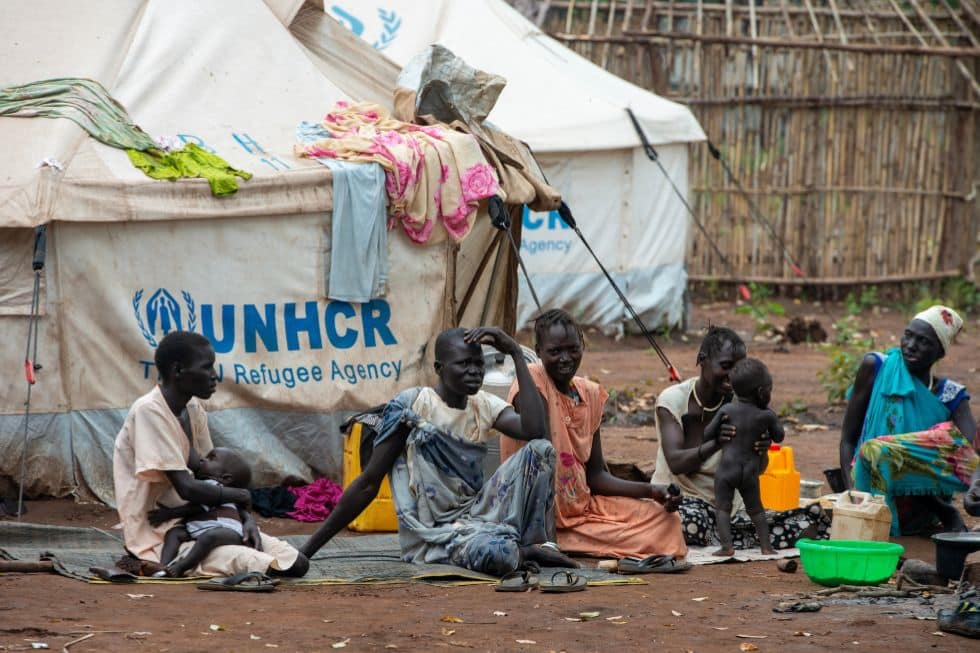
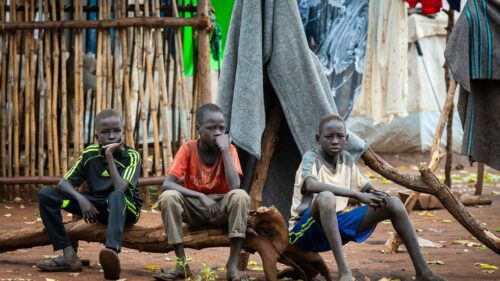
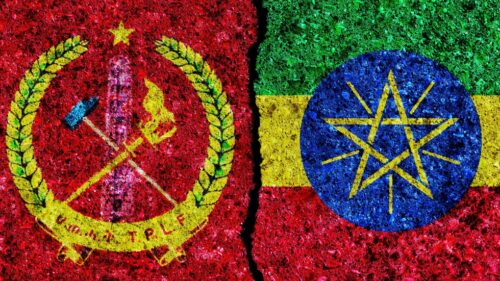
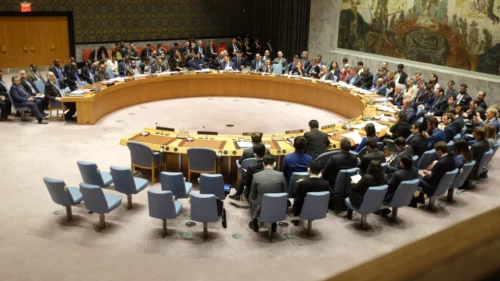
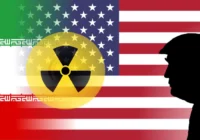

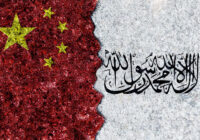


Comment